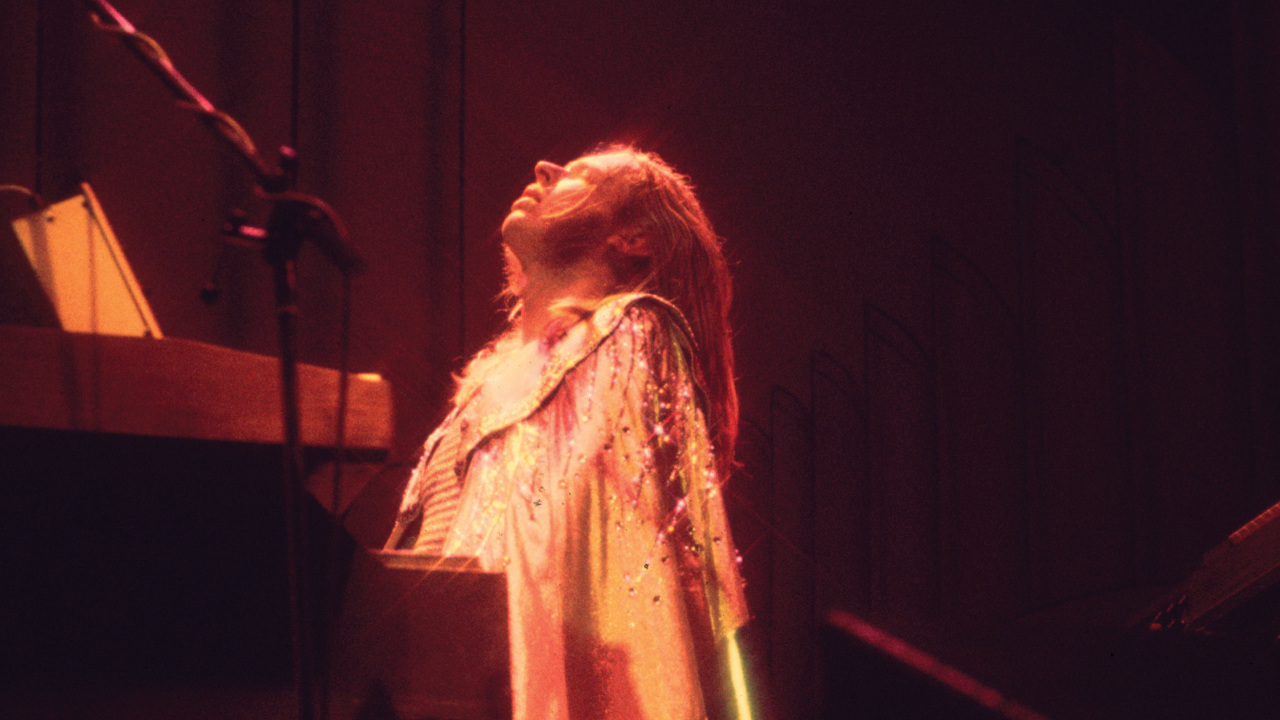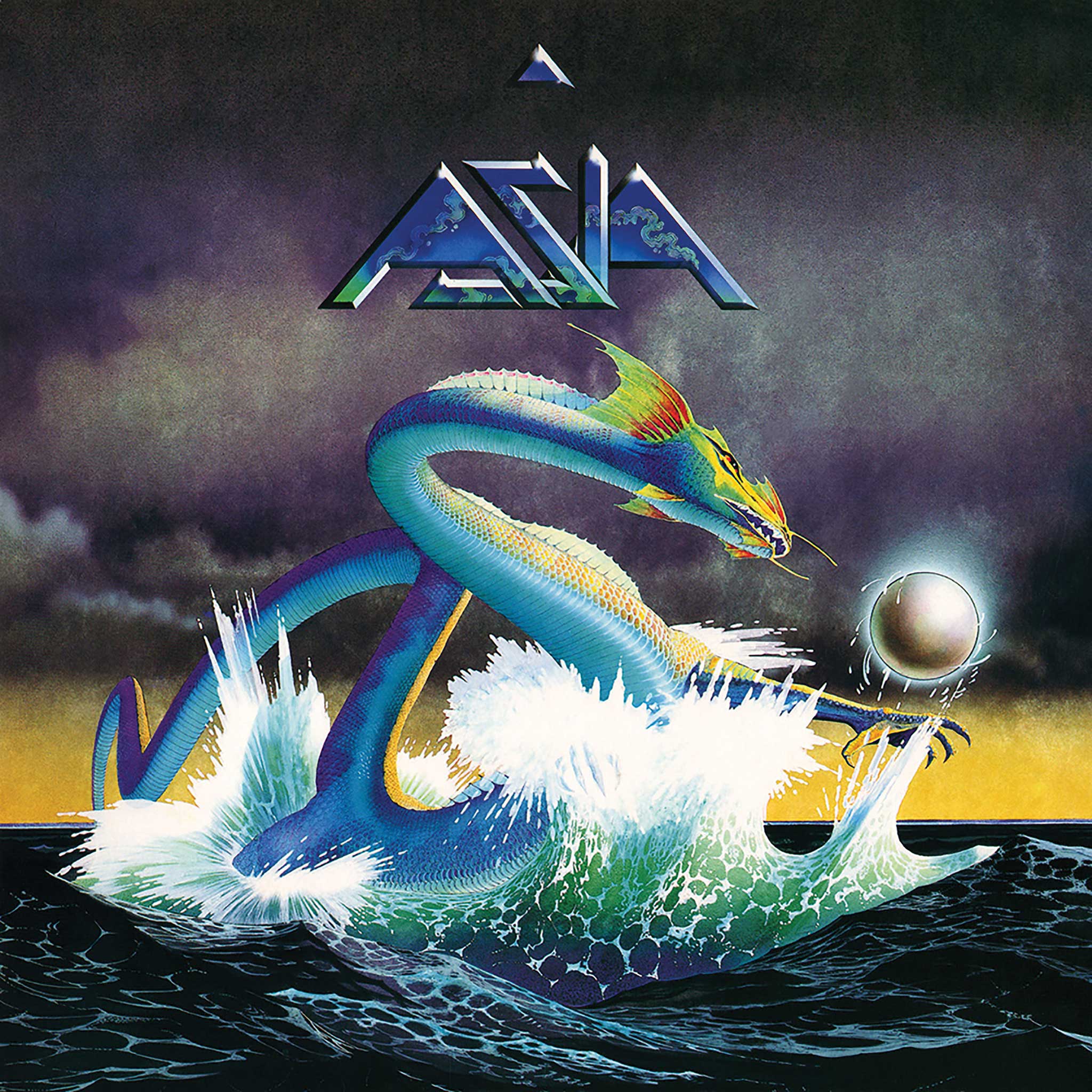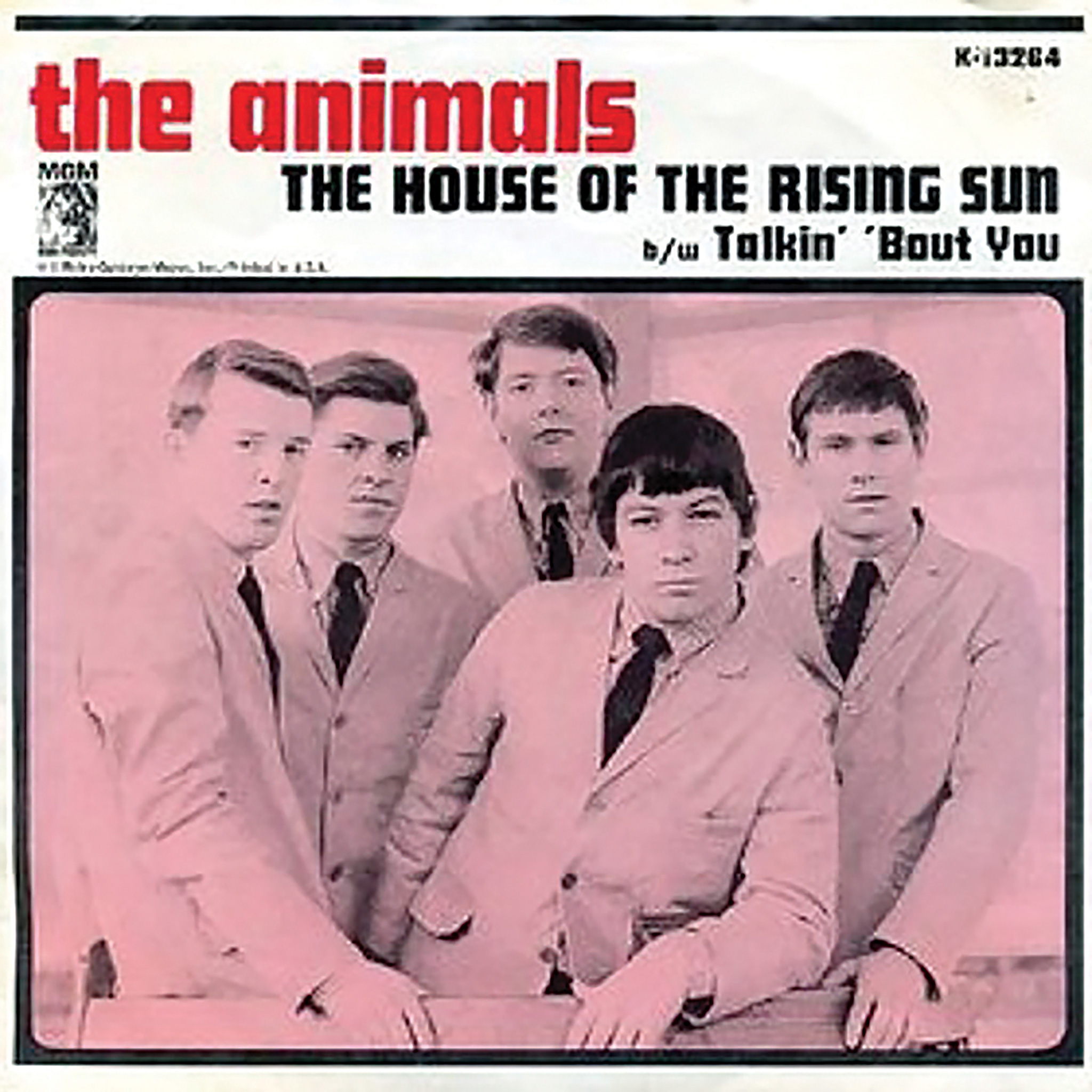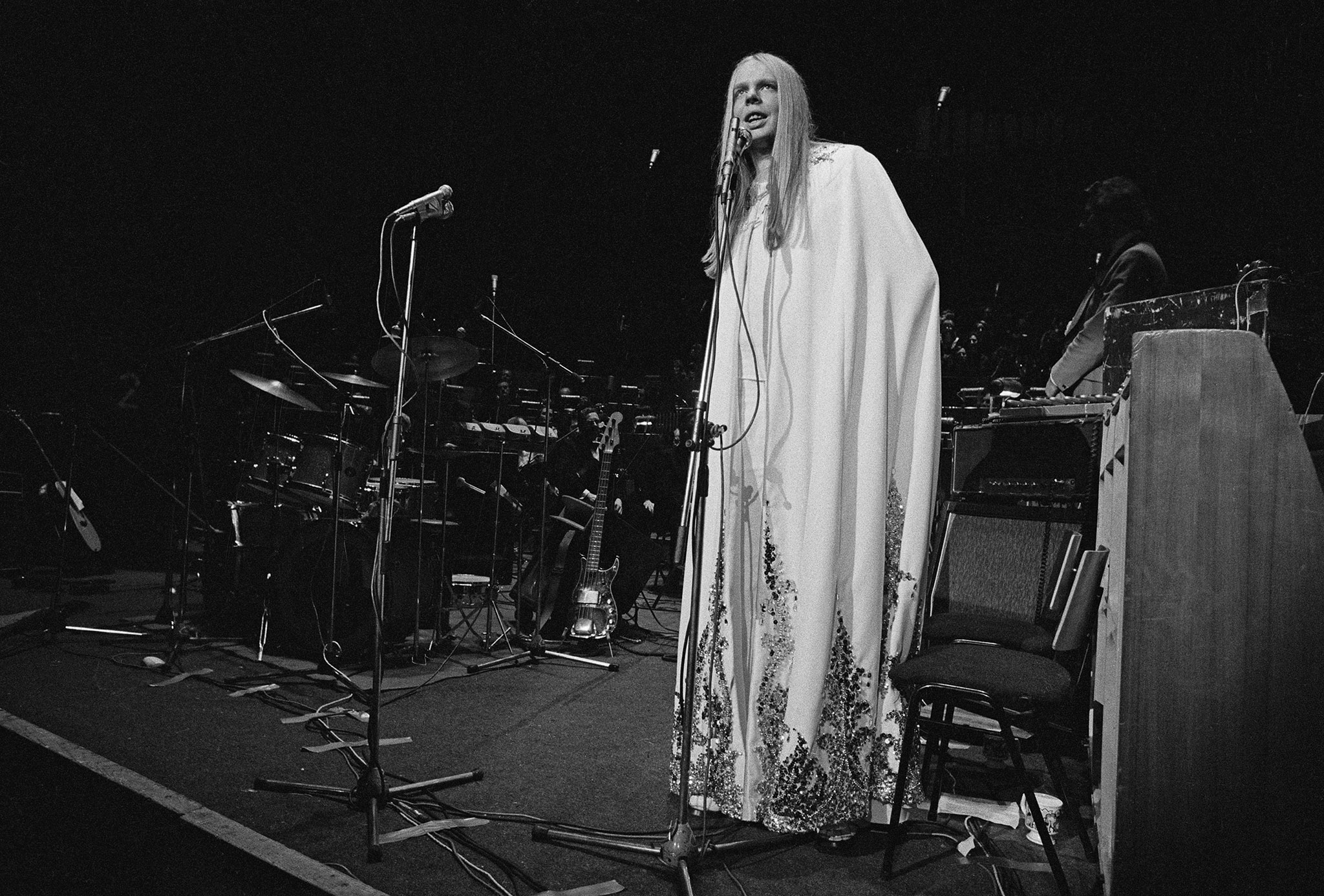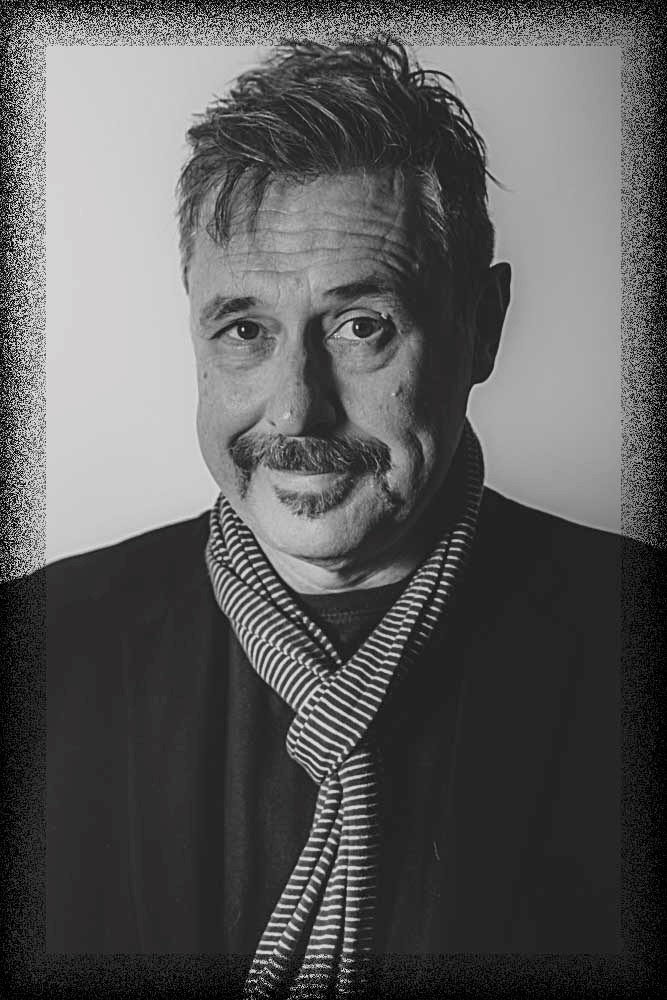He’s put soul singers, pop groups, opera artists and prog bands on the map, but you can bank on the former accountant being best remembered for managing Yes, as he helped turn the band into global superstars.
Like many managers of a certain age, Brian Lane is the epitome of a survivor. “Brian is one of the last of the old brigade,” a fellow traveller noted. Lane’s artists – as diverse as Katherine Jenkins, a-Ha, It Bites, the A*Teens and Heather Small – have sold in excess of 120 million records across his career. Yet for many, his role in making Yes one of the most respected acts of their generation and his long-term relationship with Rick Wakeman are for what he will always be remembered. While Lane may cut a Marmite figure in Yes’ history, he and Wakeman have a deep, ongoing friendship. He is the man of whom Wakeman wrote in a mid‑70s tour programme: “Brian Lane all the money is purging/with the Westminster Bank he is merging.”
Lane trained as an accountant (“the only profession that has never been the subject of a sitcom”) and started in the music industry. “London was buzzing, The Beatles had arrived, the world looked bright,” Lane says. “I wanted to go into the music industry, but being totally unmusical, I did the next best thing – research and development into what made the industry tick. It was all about the charts and originality. I created my own template of how I would pick artists I wished to manage.”
I got out of hospital and discovered that Yes had appointed Trevor Horn as the new lead singer and Geoff Downes as the new keyboard player. Overnight, ‘Yes’ had become ‘Maybe’.
Lane began as a record promoter, adopting an almost scientific approach to how the charts worked. A chance meeting in Denmark Street with Mickie Most led to his first assignment. Most had just produced The House Of The Rising Sun, a record by a new band called The Animals. “I told him [Most] that I believed I had found a way to fast-track an artist’s promotion. He asked me if I would like to work on this record, which I did, and it hit No.1.”
Lane spent several years doing independent promotion for not only The Animals, but also Most’s other projects, such as Donovan, Lulu and Jeff Beck, and he did the same for Robert Stigwood’s two new artists, the Bee Gees and Cream. In 1967, Lane was approached by Bryan Morrison, the agent for Columbia’s new signing, Pink Floyd. “Bryan invited me to his office to ask if I would be interested in promoting their first single, Arnold Layne, and possibly the second, See Emily Play. I listened to the music, loved it and the rest is history.”
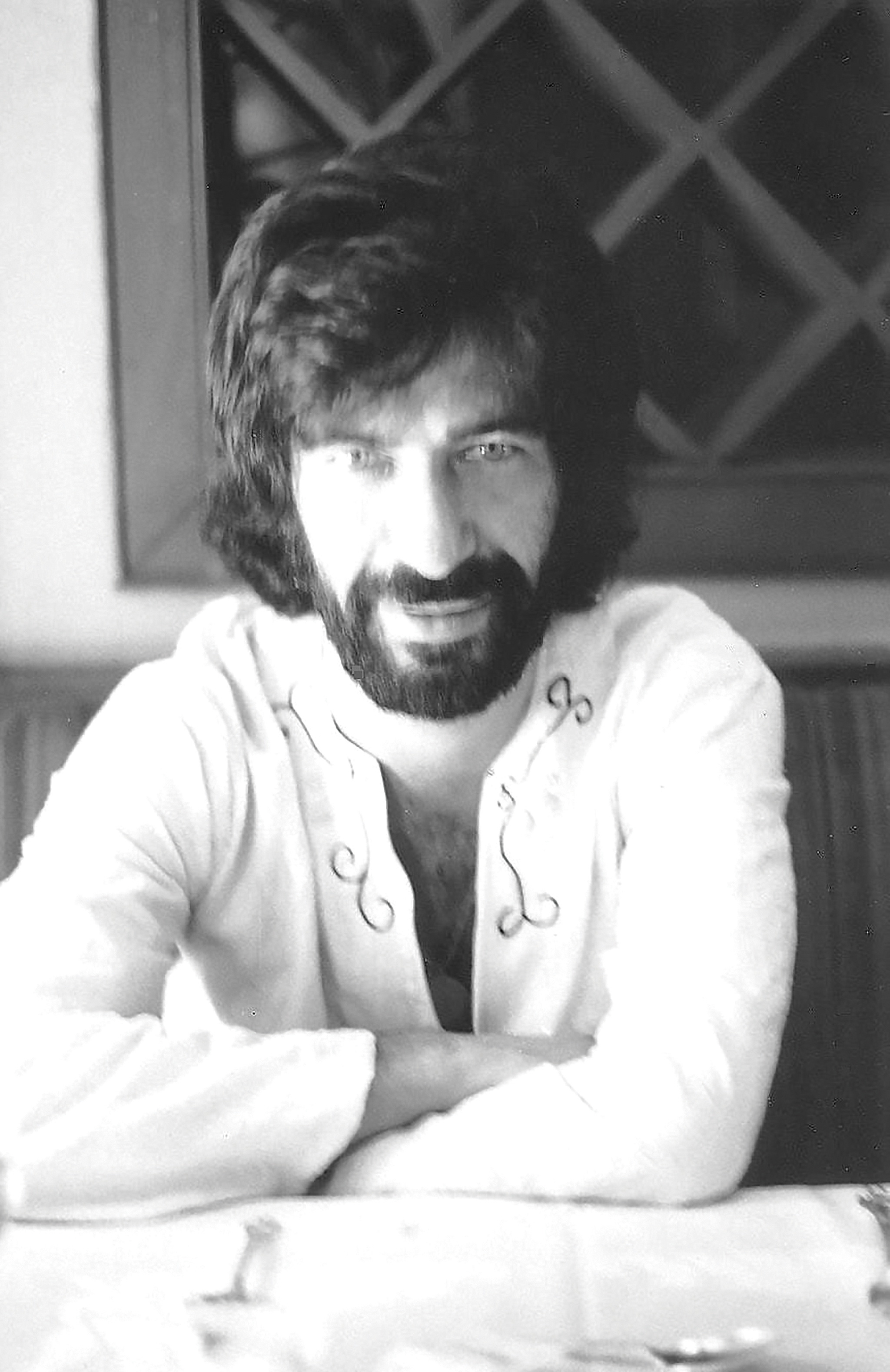
By 1968, Lane was ready to enter the realms of management. “Although I was doing well,” he said, “other people were doing better.”
The first act Lane managed was Jack Wild, the son of his cleaning lady, who had just rocketed to fame by playing the Artful Dodger in the film Oliver! “He definitely was a one-off,” Lane laughs. “Not many 15-year-olds smoked two packs of cigarettes a day and get nominated for an Oscar in their first year after leaving stage school. Through Jack, I went to Hollywood and learnt a tremendous amount about the world of show business.”
Another act Lane managed was singer and actor Anita Harris. But it was Yes who were to have the biggest impact on Lane. “I met Yes through Jack,” Lane recalls. “In late 1969, Jack told me about Yes, who were playing at the Marquee. He said, ‘They’re great, but their songs are too long – that’s why they’ll never have a hit.’ I thought, ‘If you applied that same theory to art, there would never have been a mural!’”
Lane went with Wild to the Marquee. “The place was jam-packed and they were fantastic. I heard a whisper that they had just fired their manager, Roy Flynn, and were looking for a new manager. Jack and I went backstage and met Jon Anderson. I told him I’d like to have a shot at being their manager and gave him my verbal CV about the bands I’d broken. Jon was impressed by those two magic words ‘Pink Floyd’ and said, ‘Okay, we’ll give you a shot. We’ve got a new album coming out in three weeks’ time called The Yes Album. You’ve got three months. If we get to No.1, you’ve got the job.’”
The week The Yes Album was released, there was a postal strike. “The only chart that all the newspapers and the BBC used at that time was that of Richard Branson’s upstairs shop in Oxford Street, the first Virgin record store,” Lane says. A bit of old school promoting was required. “I went there and simply bought enough Yes albums to ensure that it was a No.1-selling record in the store.”
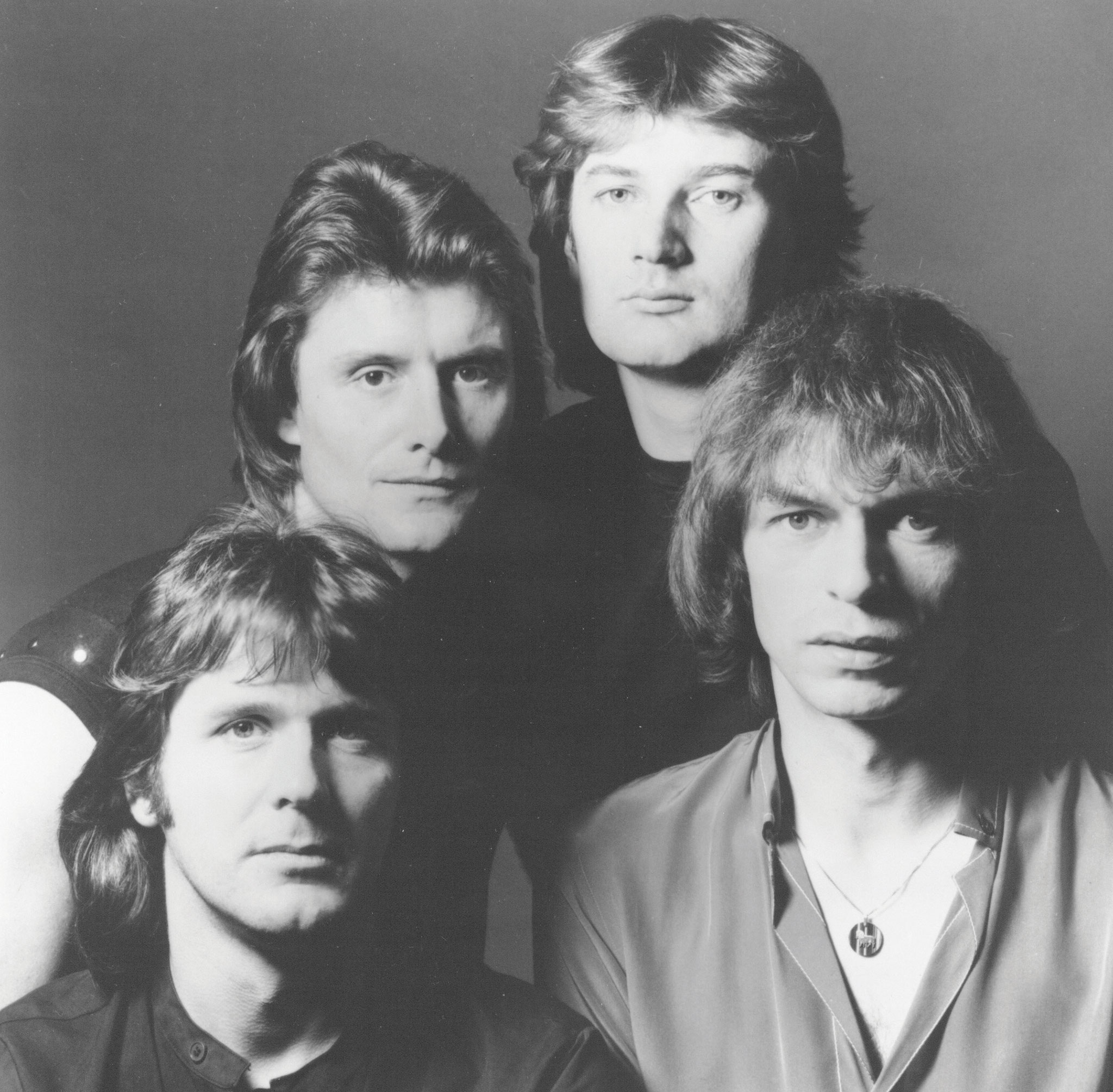
The following week there was a national impact, and although it only ultimately reached No.4 in the official charts, that was 41 places higher than their previous album’s showing. It remained on the charts for 34 weeks and sold over a million copies. Lane was kept on the team.
“He was one of those people who had a phone glued to his ear,” Chris Squire recalled. The bassist also went on record with a slightly different memory of how they began together – through a mutual hairdresser.
There followed a period of fast-moving success for Yes, encompassing line-up tweaks and breaking America. And three years after meeting, they had their first UK No.1 album, with the forever-problematic double album Tales From Topographic Oceans.
Lane kept away from that side of the creative process: “I tried to work a mantra of ‘You make the music and I’ll make suggestions as to career moves’. At the end of the day, I was working for them, not the other way round, and it seemed to work.”
At this time, Lane had an office in Notting Hill and he also looked after crumhorn-heavy medieval proggers Gryphon, who were to support Yes on their 1974 US tour. It was also during this period that Rick Wakeman, now a solo artist, took on some of his most fabled solo projects.
Jack Wild said, ‘Yes are great, but their songs are too long – that’s why they’ll never have a hit.’ I thought, ‘If you applied that same theory to art, there would never have been a mural!’
It was while Yes were recording in Montreux in 1976 that, unusually for him, Lane missed an opportunity: “I had dinner with David Bowie and we did discuss management, but I was always worried about conflict of interest and taking on too many projects, so I passed.
“Likewise, in 1976, Yes were playing to a sold-out crowd of 130,000 people at JFK Stadium in Philadelphia when [journalist] Larry Magid introduced me to a singer whom he thought I might be interested in managing. But I was actually more concerned about Yes playing to 130,000 people than talking to Bruce Springsteen!”
Lane’s success was to move with the times. Phil Sutcliffe noted in Sounds in 1977 that Lane had “got his hair cut short and he’s wearing a T-shirt labelled ‘PUNK MANAGER’.” Yet the glory of Yes’s reunion that year with Going For The One was cut short by the reaction to the under-ripe Tormato from 1978. The resulting fallout, with the departure of Anderson and Wakeman, led to the Drama album, with future pop sensations The Buggles replacing them.
Lane takes up the story. “In 1979, I took on the management of The Buggles [Trevor Horn and Geoff Downes], again a one-off – the first video on MTV – but there was unrest in the Yes camp. I was in hospital having surgery and the following happened: Chris Squire, Steve Howe and Alan White took it upon themselves to fire Jon. Rick then left the band in sympathy. I got out of hospital and discovered they had appointed Trevor Horn as the new lead singer and Geoff Downes as the new keyboard player. Overnight, ‘Yes’ had become ‘Maybe’.”
Lane had planned a big American tour and some dates had already sold out. When news broke of the personnel change, sales stopped immediately, and although the new Yes completed the tour, it wasn’t the same. Lane says, “At the post‑mortem meeting, the band decided that it was my fault their tour had not succeeded and by mutual agreement I quit, having suggested to them that to re-energise the band, they needed to go round to Jon Anderson’s house and when he opened the door, throw themselves at his feet and beg him to come back.
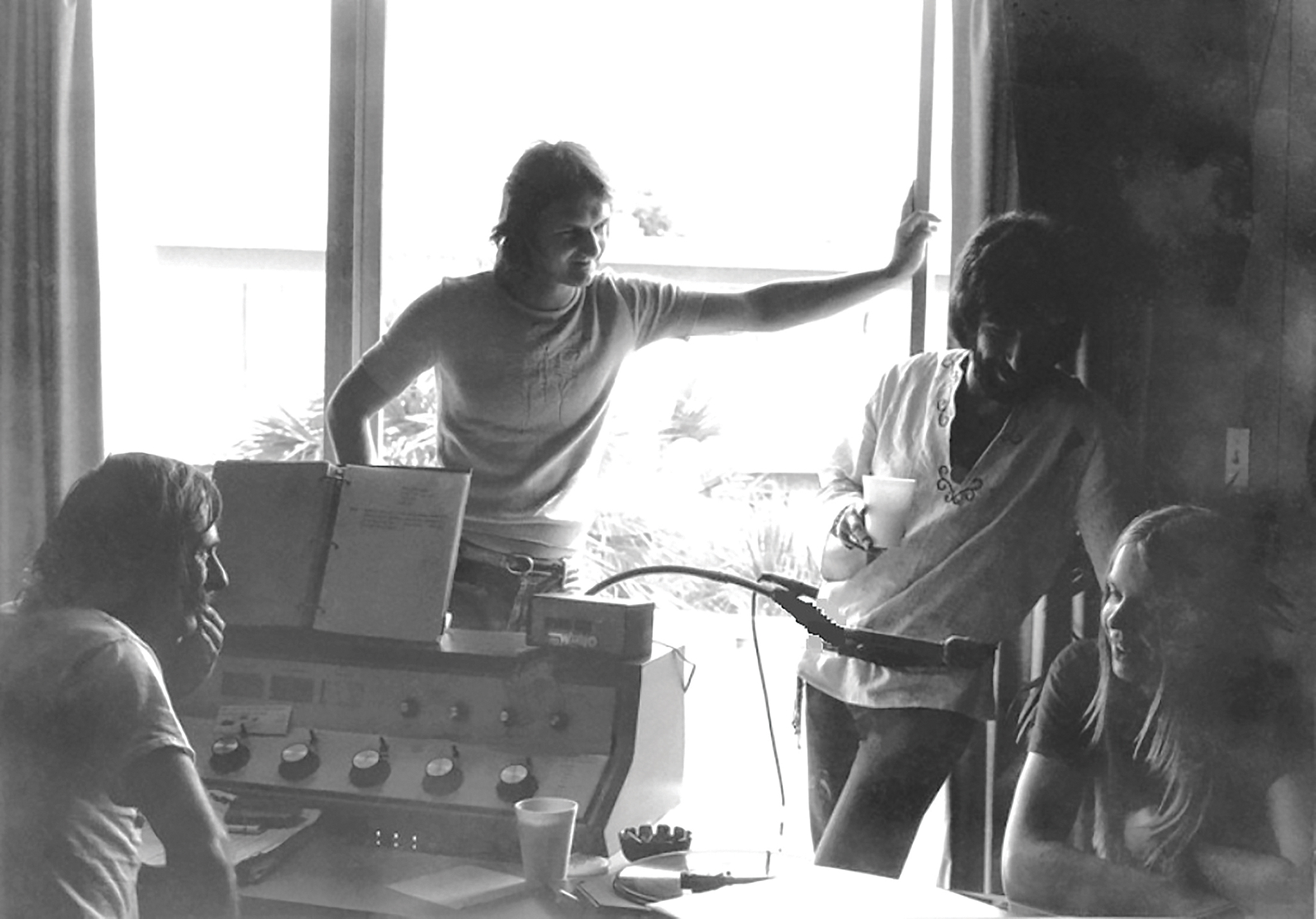
“At this point, Trevor said, ‘And what am I supposed to do then?’ I said, ‘You could become a record producer.’ Chris’ reply to me was, ‘For a fucking stupid remark like that, we’re pleased we’re not working with you any more!’ In the space of five minutes, I’d lost Yes and The Buggles, and was sitting in an empty office.”
The following day, Steve Howe and Geoff Downes paid Lane a surprise visit, apologising for the meeting and telling him they had left Yes. “I said, ‘Well, let’s try and form a new band.’”
Lane was friendly with John Wetton, (Wetton’s wife was Lane’s secretary), and after enlisting Carl Palmer, Asia were formed. “This was all done with the support of arguably the best A&R man that ever lived, John Kalodner of Geffen Records. Asia went on to sell 12 million of their debut album and eight million of subsequent albums.”
Although ceasing to be their day-to-day manager from 1980, Yes remain the group Lane is most closely associated with, and he feels in many respects that they’re still underrated. “Ultimately, I think Yes have not had the recognition they deserved for being the musical innovators that they have been. Jon Anderson is a musical genius. He was the first person to use lasers onstage and together with Roger Dean, in the early 70s, came up with the concept of merchandising.”
Through his long association with Wakeman, Lane managed the Yes offshoot Anderson Bruford Wakeman Howe (ABWH). “If you never liked Yes, you’ll hate this band,” Lane was reported as saying to Q in 1989.
Yes were now managed by one of Lane’s old cohorts, Tony Dimitriades, which led to situations where the two factions would cross paths, before coming together in 1991 on the ill-advised Union and its subsequent tour. Wakeman, with his notable dryness, suggested the album should have been called “Onion – because it brought tears to my eyes every time I heard it.”
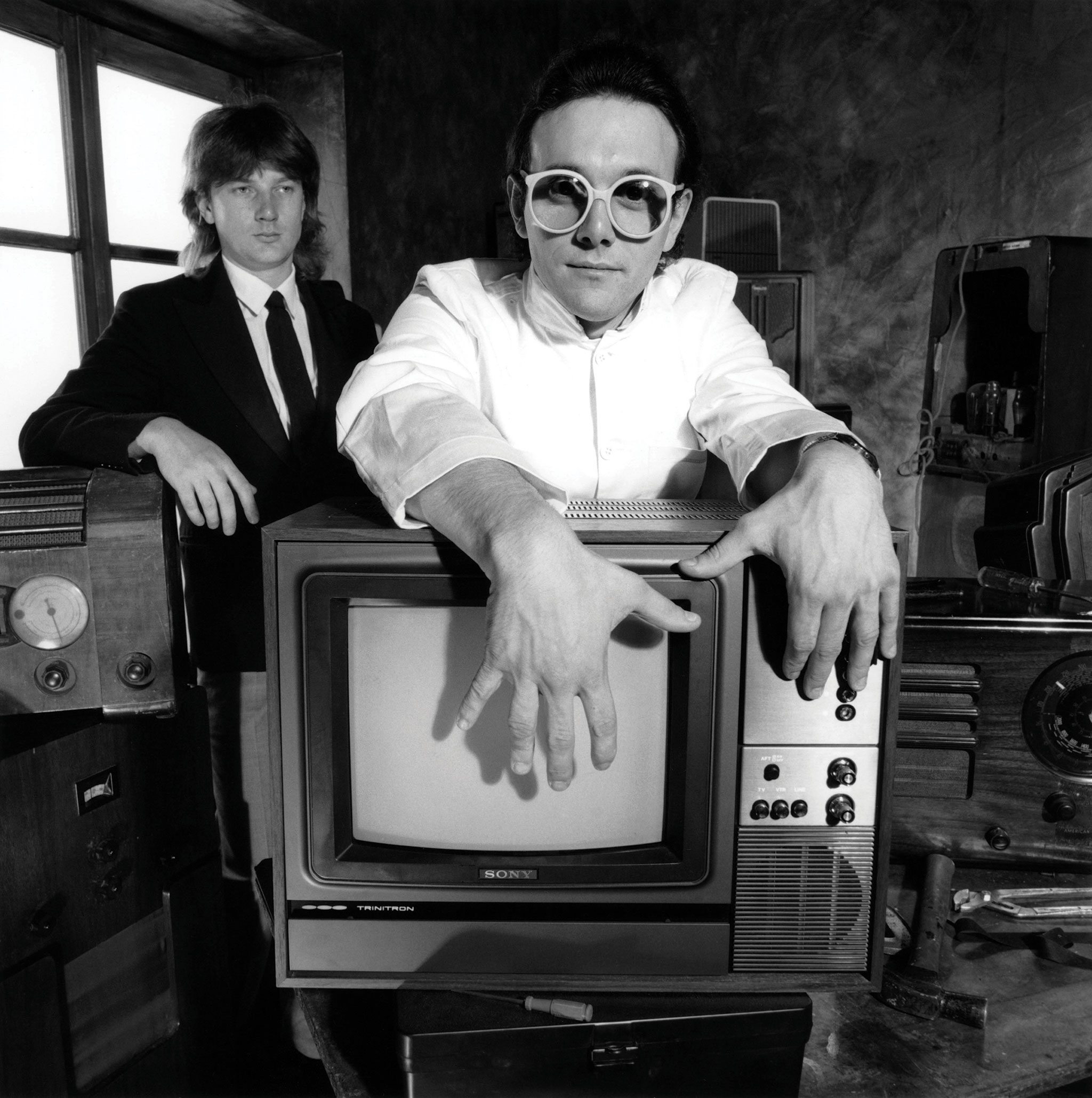
Elsewhere, Lane managed UK Olympic gold medal-winning decathlete and national treasure Daley Thompson. Lane says, “He changed me from ‘a personality chain smoker’ to a serial marathon runner. Because of him, I shall probably live to be 100!”
Lane was also to play an important role in bringing a-Ha back together again, signing their contract with Warner Music Germany before their comeback in 2000.
“I discovered a-Ha in 1996 at the Norwegian Grammys,” Lane says. “I spoke to them and was impressed at how intelligent and well they appeared. They told me they had never actually broken up, they’d just stopped working for several years. Again, they were a one-off. Both Coldplay and Keane have admitted in the press in the past that a-Ha have been one of their musical influences – their catalogue of hit songs has proven that.”
Lane went on to have great success with popular opera singer Katherine Jenkins, furthering his mantra of looking for “originality and being the first of a kind in any act that I manage.” The idea came to him, he told Music Week in 2015, from watching Only Fools And Horses. “There’s an episode where Del Boy goes to the opera. I thought to myself, ‘There’s a hole in the market for a great-looking girl who sings popular classics, to get through to people who wouldn’t normally go to the opera, and people like me who recognise certain tunes but don’t really know that much.’”
Lane has never stopped working with Wakeman, seeing the development from hard-drinking, curry-scoffing virtuoso to teetotal curry-scoffing virtuoso. “He and I have been friends, as well as working together, in excess of 40 years,” Lane says, “so it’s a fine line between work and pleasure.”
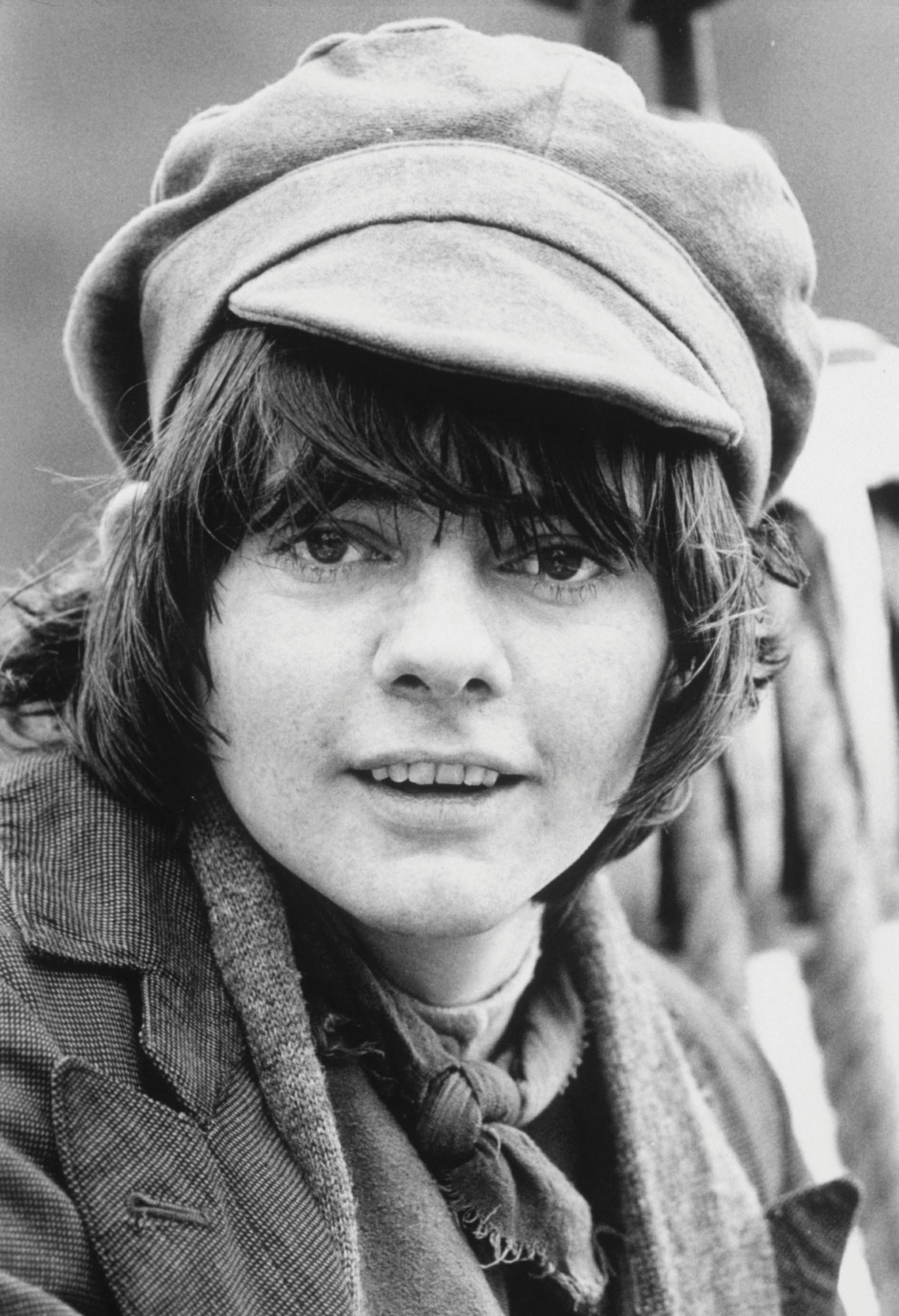
In Chris Welch’s definitive Close To The Edge: The Story Of Yes, Wakeman said, “When I am a very old man, sitting by the fire reminiscing, and I am asked if I have any regrets about Yes, my only regret would be there isn’t a studio album with Trevor [Rabin] and me together. We would have had a wonderful time.”
Well, thanks to the ever-evolving machinations of the Yes machine and the skill of Lane as a manager, something has just come together. Lane says, “One of my new old projects is Anderson Wakeman Rabin, which to me epitomises everything that is great – past, present and future – about Yes.”
Always moving forward, Lane remains a singular, canny, witty figure. In 2015 he took on a new role with Sweden’s biggest booking agency, as head of United Stage Artists globally outside the Nordics, trading as United Stage International. He shows no signs of slowing down. We end our interview by asking what advice he’d pass on to today’s youngsters. In a heartbeat, he replies, “Buy land. They’ve stopped making it. Don’t buy show business. They never stopped making it.”
And with apologies for appropriating Mark Twain, Lane is off to consider new deals to make.
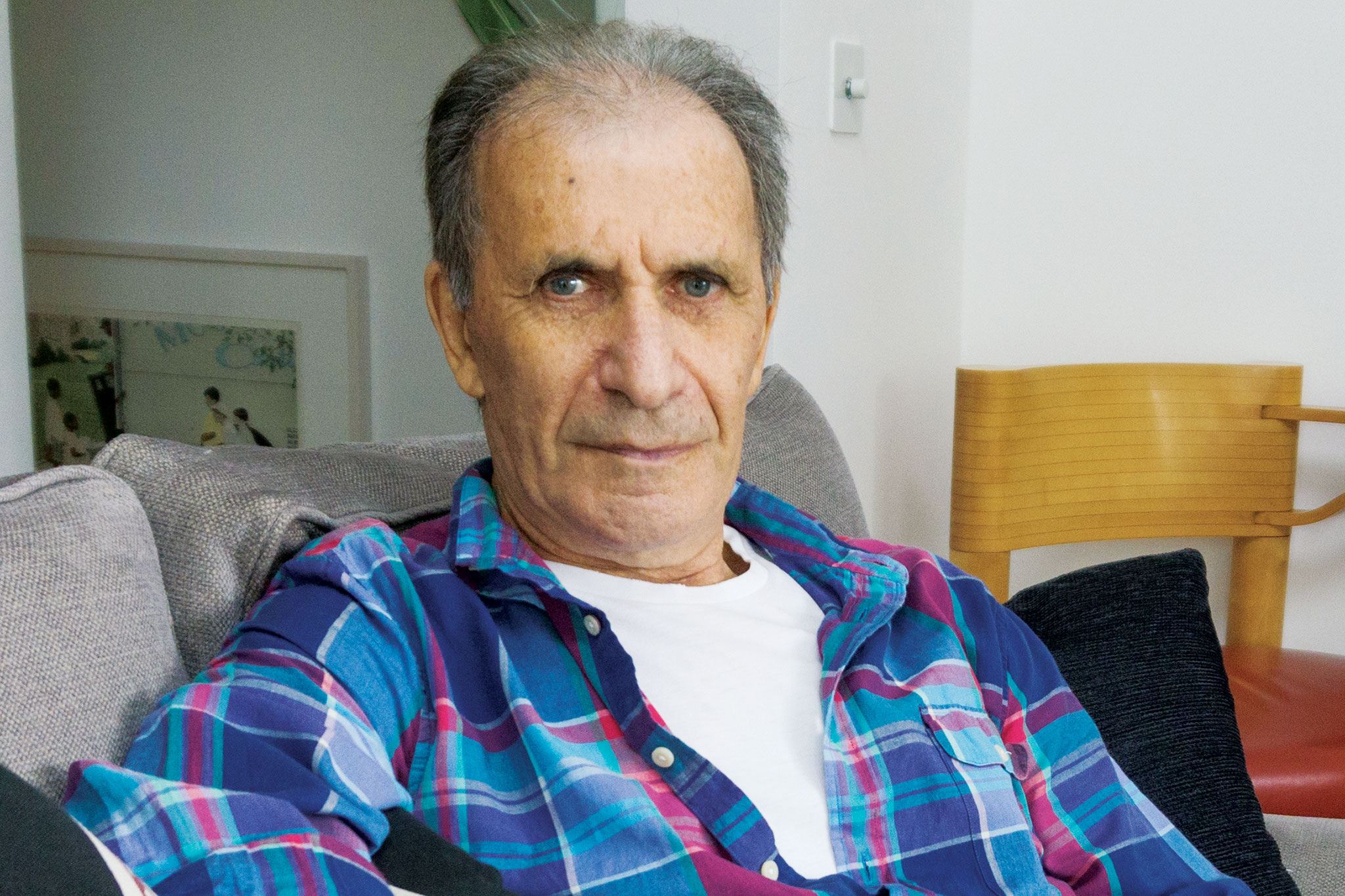
Mr 10 Per Cent
Brian Lane shares his all-time favourite albums and live shows with Prog.
Memory Lane: Five favourite recordings
**Chariots Of Fire **– Vangelis (Polydor, 1981)
Fragile – Yes (Atlantic, 1971)
Asia – Asia (Geffen, 1982)
Journey To The Centre Of The Earth –
Rick Wakeman (A&M, 1974)
Video Killed The Radio Star – The Buggles (Island, 1979)
DRURY LANE: FIVE FAVOURITE LIVE PERFORMANCES
Yes, JFK Stadium, Philadelphia, June 12, 1976
Rick Wakeman, Journey To The Centre Of The Earth, Royal Festival Hall, London, January 19, 1974
a-Ha, Ullevaal Stadium, Oslo, August 21, 2010
The A Teens, special guest to Nsync, MGM Grand, Las Vegas, November 26, 1999
Katherine Jenkins, Chelsea Pensioners’ pub, Royal Hospital Chelsea, 2006
